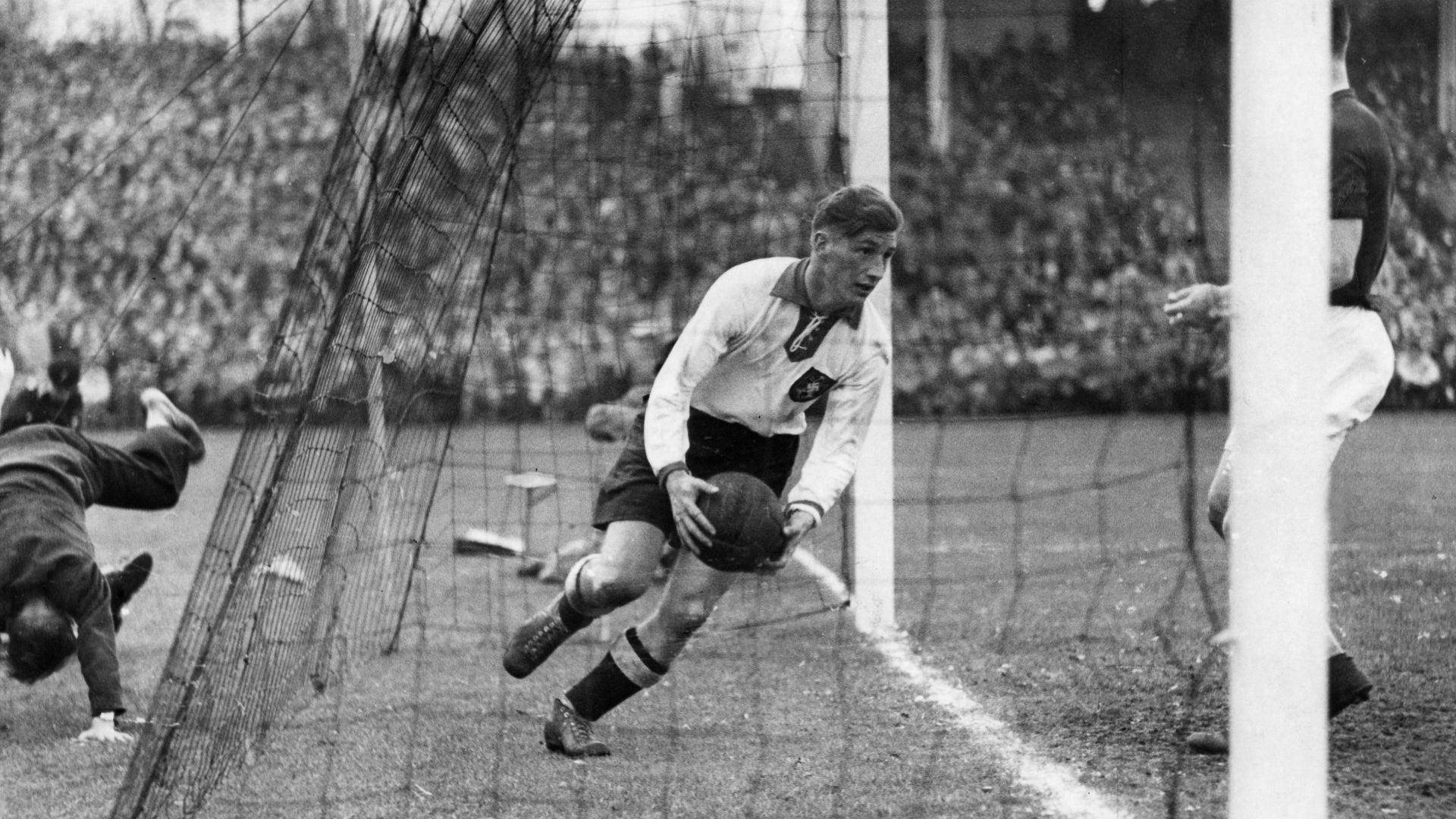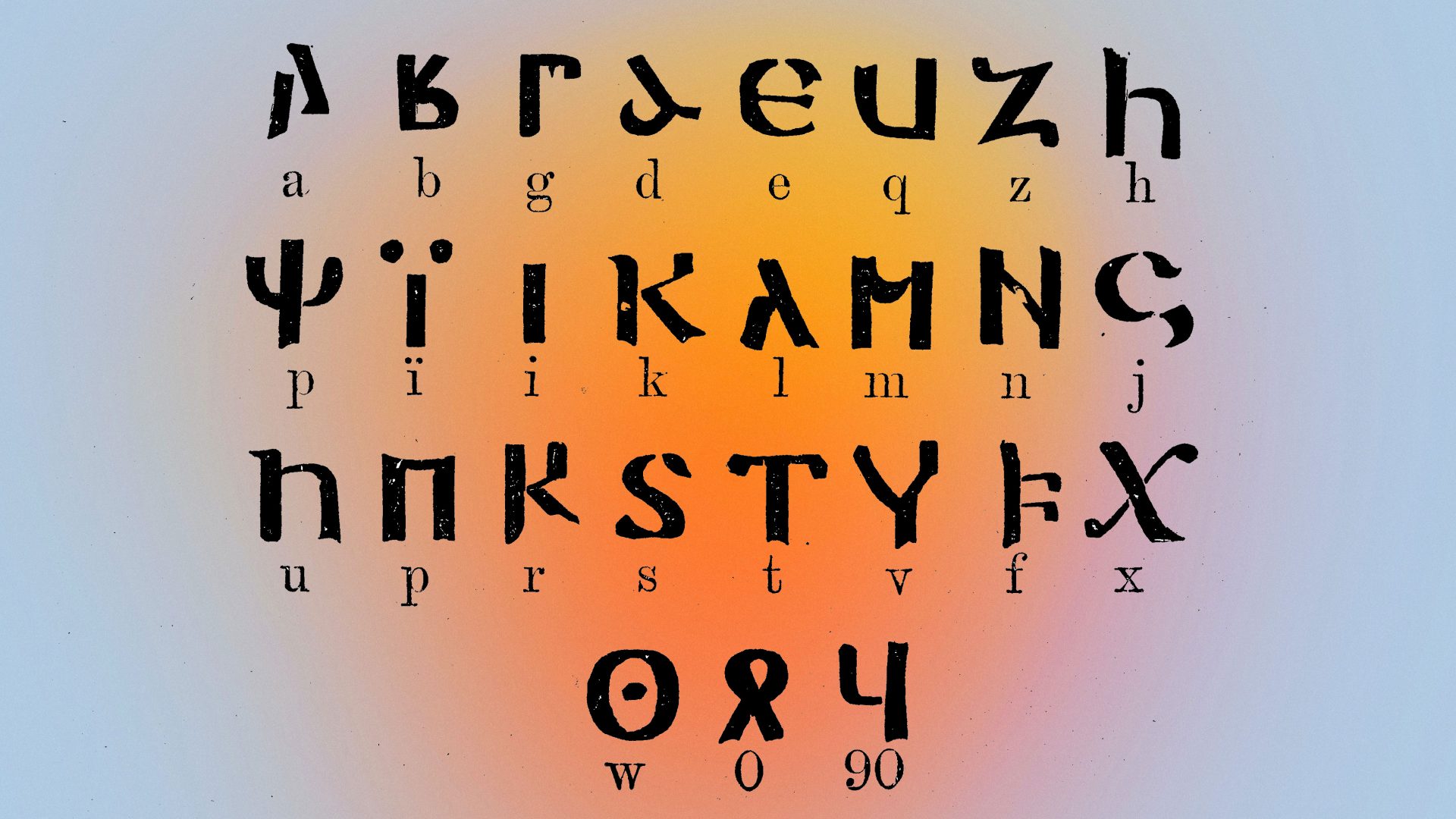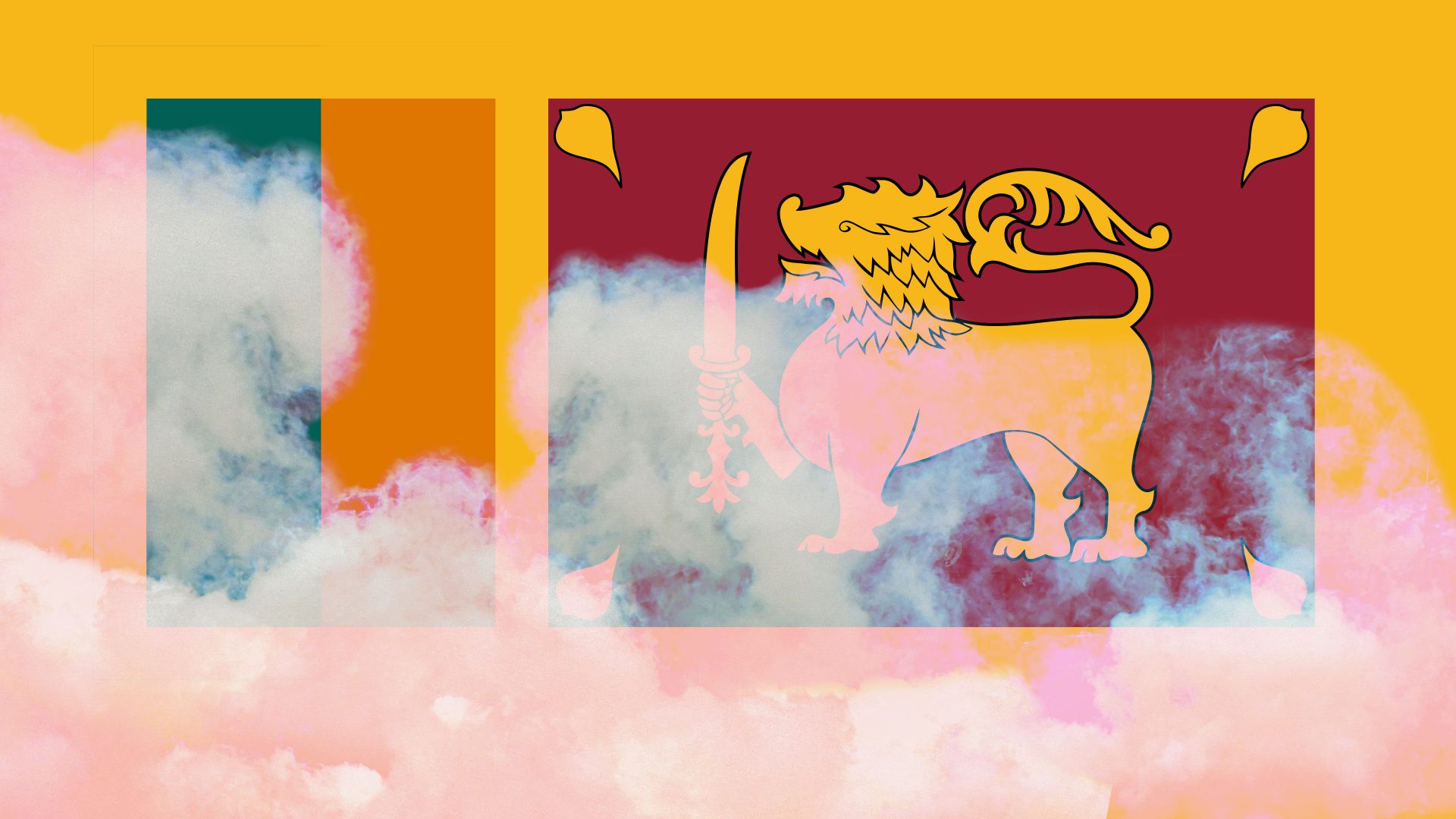Eight minutes gone, two goals down.
West Germany had surprised everyone by reaching the 1954 World Cup final. Sepp Herberger’s team had done well even to be at the tournament at all, considering it was less than a decade since the end of the war. An occupied nation was still coming to terms with feelings of deep shame at the Nazi regime, on top of the devastation of its cities and infrastructure: economically, culturally, socially and psychologically, Germany was in pieces. It was also literally in pieces, divided into West and East Germany and the Saar Protectorate.
The West German squad contained not a single professional – full-time football and even a national league were still almost a decade away – so the fact they even emerged from the group stage was a considerable achievement. Beating a highly regarded Yugoslav side 2-0 in the quarter-finals raised a few eyebrows and when they then thumped Austria 6-1 in the semi-finals the football world applauded.
But that was as far as it would go.
Their opponents in the final, Hungary, were unbeaten in five years and had humbled England twice, 6-3 at Wembley then 7-1 in Budapest, in the months leading up to the tournament. In terms of tactics, training methods, technique and even playing equipment, the Hungarians were light years ahead of the rest and boasted in Ferenc Puskás arguably the greatest footballer in the world. In the qualifying round two weeks before the final the Hungarians had stuck eight past Herberger’s side.
And now, with just eight minutes gone, the Germans were two goals down.
Puskás had opened the scoring in the sixth minute, left unmarked in the penalty area to fire past the German goalkeeper Toni Turek, and two minutes later a mix-up between Turek and defender Werner Kohlmeyer allowed Zoltán Czibor to nip in and tap the ball into an empty net.
The experienced West German captain, Fritz Walter, stood with his hands on his hips, staring at the grass. His team was well prepared. It was even raining. Walter Wetter, Walter’s weather as it was called, all of Germany knowing their inspirational skipper was at his best in wet conditions. They had opened strongly, creating a couple of early chances, yet here they were, two down against the best team in the world and not even 10 minutes on the clock.
Walter heard approaching footsteps; inside-right Max Morlock bustling back to the centre circle with the ball in his hands.
“Right,” he said to his captain as he placed the ball on the centre spot, “now let’s show them.”
Two minutes after the restart Morlock pulled a goal back and after 18 minutes the Germans were level, Helmut Rahn stabbing the ball home at the far post. By the 84th minute the heavy pitch was sapping the strength from both sides when Rahn picked up the ball 30 yards out, took two touches into the penalty area and hit it, spray arcing as it skimmed over the turf and into the bottom left-hand corner of the net for the winning goal.
They were already calling it “The Miracle of Bern” when Walter, wet hair flopping forward over his forehead, became the first German captain to receive the Jules Rimet trophy. There was no brandishing of it, no whooping and cavorting, just a handshake and the World Cup tucked modestly between his hip and forearm. In that moment it was as if a new nation was born. “Wir sind wieder wer,” they said – “we are somebody again.”
Back in the dressing room Walter marvelled at how it was Hungary again. It had to be Hungary.
He thought back a dozen years to a warm evening at the Népstadion in Budapest. It was May 1942 and the war was starting to turn against the Germans. Herberger was somehow still keeping a national team together, organising as many matches as possible to keep his players as far from the front as possible. The drawback was that the German high command needed wins: the nation’s morale demanded it and nothing less
than a win against the Hungarians
would do.
Walter gave the Germans the lead after 16 minutes but, roared on by a 40,000 crowd, the home side stormed back to lead 3-1 at the break. In the dressing room Herberger rallied his players, knowing that defeat could bring consequences beyond football. “Don’t let this become a catastrophe,” he begged.
Walter turned the game almost single-handedly, scoring one and setting up three more as the Germans overwhelmed the home side 5-3. It was an outstanding performance that averted the immediate prospect of punishment, but he could never have suspected that it would later in effect save his life.
The following year, with Herberger’s help, Walter was transferred from the infantry to the relative safety of the air force in East Friesland, where he turned out regularly for the unit’s side known as the Rote Jäger, Red Fighter
Pilots. When the Russians commenced their advance at the start of 1945, Walter and the rest of his unit marched west towards France and were taken prisoner by the Americans.
After a few weeks in an American camp, however, Walter and his colleagues were handed over to the Russians, who made plans for their onward transfer to labour camps in Siberia. Placed in a holding camp at Máramarossziget, Romania, close to the Ukrainian border, Walter contracted malaria and recuperated by watching the guards, mostly Slovaks and Hungarians, playing football.
One afternoon he was beckoned forward to make up a team a man short and it was immediately obvious this German POW was several classes above everyone else. During a break in play, one of his teammates sidled up to him and said, “I know where I’ve seen you before. Budapest, 1942. Hungary and Germany. The 5-3 game.”
Not only did the guard ensure Walter’s name was quietly removed from the list of prisoners destined for Siberia, where more than 350,000 Germans would die in Soviet camps, he was sent home to Kaiserslautern.
He’d grown up there, playing endless games of street football with his two brothers and three friends, all six of whom would go on to play for 1. FC Kaiserslautern and four of them in the Miracle of Bern. Walter made his debut at 17 and spent his entire playing career at the Betzenberg – now the Fritz-Walter-Stadion – scoring an extraordinary 357 goals in 364 games.
But of all those matches, the league and cup wins and the World Cup miracle that allowed Germans to be proud again and, for some, kickstarted an entire new nation for the modern age, Walter always came back to that pick-up game with a frayed ball on a muddy expanse in a Romanian prison camp when, still weak with malaria, he just got on with doing what he did best and loved most of all.
“That was the most important game of my life,” he said.




